Summary
Testosterone therapy may be administered to symptomatic hypogonadal men who have either normal PSA and DRE results or higher/rising PSA levels or abnormal DRE results but a prostate biopsy that is negative for cancer. Testosterone therapy requires regular monitoring of PSA and DRE. Urologic referral is recommended for prostate biopsy if there is a rise in PSA levels or an abnormality detected by DRE.
Abstract
This paper provides a systematic review of the literature about prostate cancer risk associated with testosterone therapy for hypogonadism. A comprehensive search of MEDLINE, EMBASE and other resources was conducted to identify articles that highlight occurrences of prostate cancer in men receiving testosterone therapy for hypogonadism treatment. Articles that met study inclusion criteria were assessed for causality between testosterone treatment and prostate cancer, increased prostate-specific antigen or abnormal digital rectal examination findings. Of 197 articles relating to testosterone therapy, 44 met inclusion criteria: 11 placebo-controlled, randomized studies; 29 non-placebo-controlled studies of men with no prostate cancer history; and 4 studies of hypogonadal men with history of prostate cancer. Of studies that met inclusion criteria, none demonstrated that testosterone therapy for hypogonadism increased prostate cancer risk or increased Gleason grade of cancer detected in treated vs untreated men. Testosterone therapy did not have a consistent effect on prostate-specific antigen levels.
LINK - http://www.ncbi.nlm.nih.gov/pubmed/18633357
